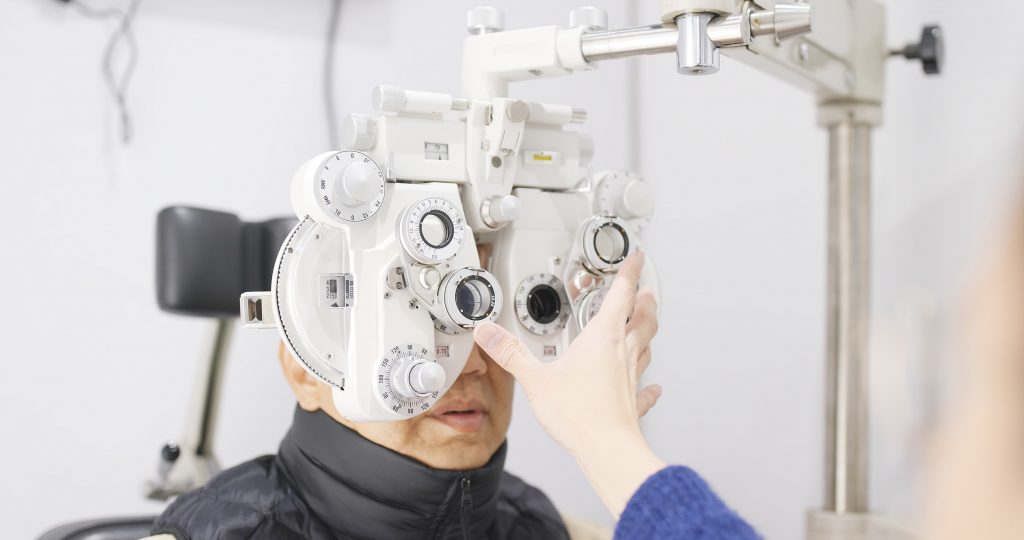All You Need To Know About Alzheimer’s And How To Prevent It
Alzheimer’s disease is a progressive disease that causes problems with thinking, memory, and behavior. It is a type of dementia that develops over time. It gets worse and can interfere with the performance of daily tasks once it becomes severe. It is the commonest cause of dementia among older adults.
This irreversible disease slowly destroys your thinking and memory skills. As time passes, you become unable to carry out even the simplest tasks. The symptoms of this disease are mainly associated with seniors. They may appear once you are around your mid-60s. Even so, you can present the symptoms of Alzheimer’s once you hit thirty years. However, this is very rare.
Alzheimer’s disease was named after Dr. Alois Alzheimer. He noticed developments in the brain tissue of a patient who’d succumbed to an unusual mental illness. This was back in 1906. The woman’s symptoms included unpredictable behavior, language difficulties, and loss of memory. Dr. Alzheimer discovered lots of abnormal clumps (amyloid plaques) and tangled fibers (neurofibrillary) in her brain.
Today, these tangles and plaques are still regarded as the main characteristics of Alzheimer’s disease. Loss of connections in the brain neurons is also considered another feature of this disease. The transmission of messages within the brain is facilitated by neurons. They also transmit messages to body organs and muscles.
The hippocampus is the place where initial damage appears. It is responsible for the brain’s memories. More parts of the brain are affected as neurons die. The damage is usually widespread in the final stage of Alzheimer’s disease. Here, there is a notable shrink in the brain’s tissue size.
It is estimated that over 5.5 million Americans suffer from Alzheimer’s disease. These are Americans aged between 65 years and older. Still, lots more Americans aged below 65 years have this disease.
The number of people suffering from Alzheimer’s is expected to rise. This trend is linked to the increasing age of the population. This is one of the risk factors of the disease.
Alzheimer’s can affect your brain’s thinking and reasoning capacity. You may find it hard to concentrate and think. This more so applies to abstract concepts like numbers.
It may be hard for you to multitask if you suffer from this disease. Tasks such as paying bills on time, managing your finances, and balancing checkbooks may be troublesome. Difficulties may gradually translate to the inability to distinguish and deal with numbers.
Your ability to make informed decisions and judgments about day-to-day situations will decline. For instance, you may wear clothes that don’t match the weather. You may also have trouble tackling everyday tasks such as heating your food.
As the disease progresses, performing tasks such as cooking and planning gets harder. Eventually, you may forget how to perform familiar tasks such as bathing and dressing. This occurs when the disease is in its advanced stages.
Alzheimer’s isn’t a preventable condition. Nonetheless, you can modify lifestyle risk factors to deal with the disease. Studies have been carried out showing that heart-healthy lifestyle choices can help mitigate the risk of this disease.
Research has also pointed out that there is a reduced Alzheimer’s disease risk when one takes part in activities such as social events, dancing, reading, and creating art. Interactions that require social and mental engagement can promote thinking skills during old age.
Regular exercises can significantly reduce your risk of Alzheimer’s disease. Daily workouts are one of the ways you can prevent this disease. Increase the amount of your daily activity since it is good for your mental wellbeing, circulation, weight, and heart.
Simple exercises such as walking can be beneficial for seniors. You can start with less intense activities as you gradually increase your intensity. Push-ups and sit-ups are ideal resistance activities that you can take up.
A balanced diet can also help prevent Alzheimer’s. Diets such as the Mediterranean diet can be beneficial. This diet is rich in fruits, vegetables, and lean protein. Protein sources rich in Omega 3-fatty acids can reduce your Alzheimer’s disease risk.
Weight management can also help prevent Alzheimer’s disease and other types of dementia. Those extra pounds you add are a risk factor. Obese people have an even higher risk. Weight management can go a long way in brain protection. Still, make sure you cut down on sugar.
Humans are social beings. No one thrives in isolation. This also applies to our brains. You can protect yourself against Alzheimer’s disease by staying socially engaged. Developing and maintaining friendships should always be a priority.
You are less likely to develop dementia and Alzheimer’s disease if you are involved in mental stimulation. You should find time to learn new things and stimulate your brain. Always find ways to challenge your brain.
Practicing memorization techniques is one of the ways to stimulate your brain. You can boost your brain’s memory connections by creating patterns and rhymes. Crossword puzzles, board games, and other strategy games can form cognitive associations.
Smoking can also contribute to Alzheimer’s. You should avoid smoking. Smokers have a higher risk of this disease. Your brain benefits when you stop smoking. You experience improved circulation when you stop smoking.
Cardiovascular health is important for your overall health. You can lower your risk of Alzheimer’s by maintaining your cardiovascular health. You need to control cardiovascular risk factors such as diabetes, high cholesterol, and high blood pressure to lower your risk of Alzheimer’s.
Poor sleep patterns have also been associated with Alzheimer’s disease. Studies have shown that quality sleep can help flush out brain toxins. Quality sleep is associated with lower levels of beta-amyloid within the brain. The clearance of this protein can lead to quality sleep. You should sleep for up to 8 hours every day.
Alzheimer’s is a complicated disease that worsens as time passes. Researchers are working to find out more about this disease and how it affects the brain. This will hopefully translate to new treatments.
The month of June is Alzheimer’s and Brain Awareness Month. It presents a time where people of all ages can share their experiences about this disease and help fight it. This is geared towards supporting the people and progress towards fighting this disease.
Share this post:
Better Living for Today
Common Health Conditions an Eye Exam Can Detect
You’re probably familiar with the adage, “eyes are the window…
Read More15 Things You Need To Know About Strokes
During this time of your life, retaining independence and enjoying…
Read More



